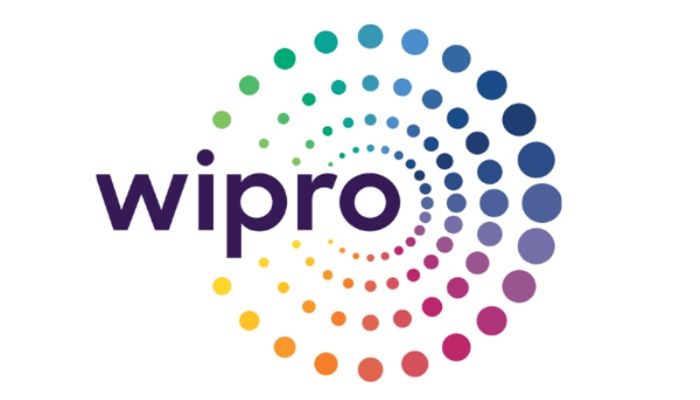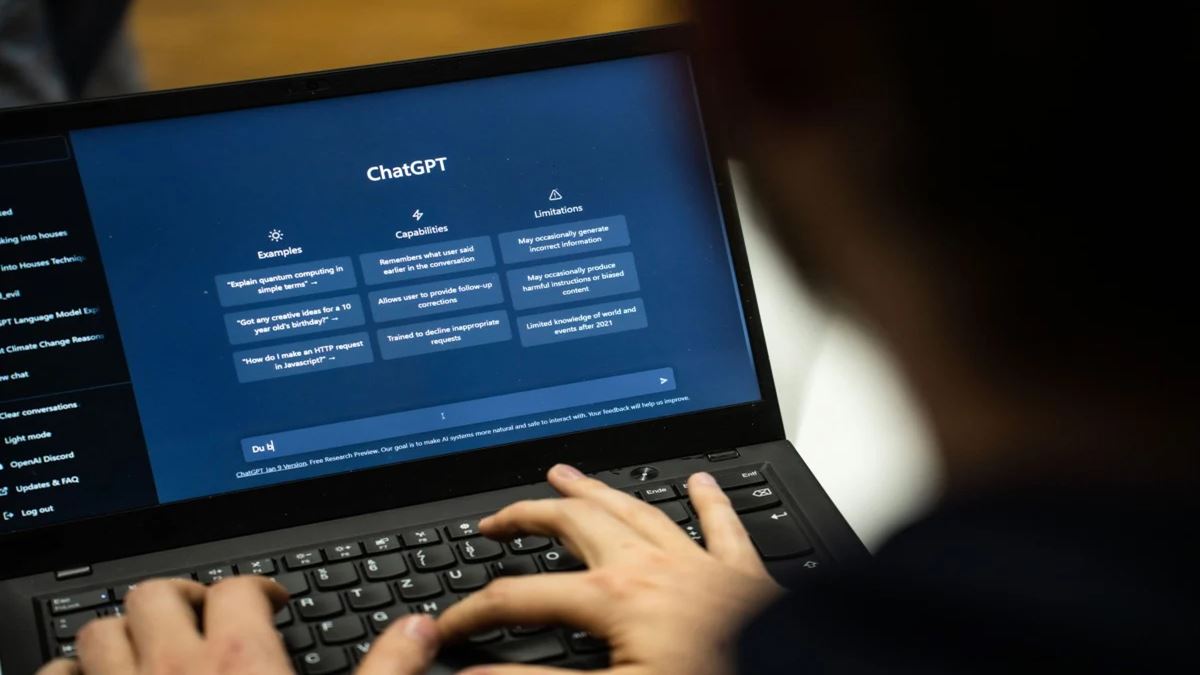Jonathan Kim, a would-be US software engineer, began his job search over 50 weeks ago, tracking his efforts on a spreadsheet. He applied for more than 600 software engineering jobs. Six companies replied. Two gave him a technical screening. None have made him an offer.
That was not the plan when Kim paid nearly US$20,000 in 2023 for an intensive part-time coding boot camp he thought would equip him to land a software engineering job.
“They sold a fake dream of a great job market,” said Kim, 29, who works at his uncle’s ice cream shop in Los Angeles while continuing his job search. Without a college degree, he believes his chances are low, but boosts his résumé by contributing to open-source software projects.
“I see so much doom and gloom throughout everything,” he said. “It’s hard to stay positive.”
Kim decided to attend the coding boot camp just as artificial intelligence chatbots like ChatGPT were taking off. By the time he graduated in 2024, AI – which started off with simple party tricks like writing poems – was on its way to reshaping the economy, with perhaps its most significant impact in coding.
It began eliminating the kind of entry-level developer roles that boot camps have traditionally filled, in what has been dubbed one of the fastest job shifts in any profession ever.
Coding boot camps have been a Silicon Valley mainstay for over a decade, offering an important pathway for non-traditional candidates to get six-figure engineering jobs. However, coding boot camp operators, students and investors said this path was rapidly disappearing, thanks in large part to AI.
“Coding boot camps were already on their way out, but AI has been the nail in the coffin,” said Allison Baum Gates, a general partner at venture capital fund SemperVirens, who was an early employee at boot camp pioneer General Assembly.
Gates said boot camps were already in decline because of market saturation, evolving employer demand and market forces like growth in international hiring.
At the Codesmith boot camp Kim attended, just 37 per cent of students in the 2023 part-time programme secured full-time technical jobs within six months of graduating, down from 83 per cent in the second half of 2021, according to the Council on Integrity in Results Reporting, which aims to make education outcomes transparent.
Codesmith acknowledged the industry-wide challenges graduates face. “Today’s market is tough,” it said in a statement, while noting that it continued to offer lifetime hiring support to its alumni.
“This is the story of one graduate out of over 4,000,” the company said, adding that 70.1 per cent of those enrolled in its full-time programme secured infield employment within a year of graduation.
It is unsurprising that coding is the prime example of generative AI’s prowess. Unlike more subjective tasks like writing jokes, code either works or does not. This black-and-white distinction makes it the perfect subject matter for training AI models. In addition, a wealth of coding examples provides widely available training data.
With AI now excelling at coding, entry-level coding jobs have shrunk.
Signalfire, a venture capital firm that tracks tech hiring, said in a May 2025 report that new graduate hiring has dropped 50 per cent from pre-pandemic levels in 2019. AI could wipe out half of all entry-level white-collar jobs in the next one to five years, Dario Amodei, CEO of AI developer Anthropic, recently told Axios.
Nowhere is that collapse more evident than in the coding boot camp industry. Boot camps began to appear around 2011 in the aftermath of the Great Recession. Demand for software engineers was growing, and many workers were eager to retrain for high-paying technology jobs.
Dev Bootcamp, launched in 2012, was among the first to offer courses on web development coding languages such as JavaScript and Ruby. In an intensive 19-week programme, attendees would learn during the day and practise nights and weekends.
Competitors soon emerged, and by 2018, in-person boot camps in the US and Canada had mushroomed to nearly 100.
As companies started to embrace diversity hiring goals, they found partners such as the women’s coding boot camp Hackbright, said Michael Novati, co-founder of Formation Dev, which helps experienced engineers prepare for job interviews.
Diversity hiring is no longer a priority for tech companies, according to Novati.
While the entry-level software engineering job market has collapsed, the opposite is true for experienced AI researchers who create generative AI models and now command staggering pay packages, with bonuses of up to US$100 million a year, thanks to an escalating talent war driven by Meta Platforms CEO Mark Zuckerberg.
AI company valuations are soaring as well, though their employee footprints remain small. Anysphere, the company behind coding tool Cursor, has a valuation of US$10 billion and about 150 US-based employees, according to its LinkedIn profile.
OpenAI, with a few thousand employees, is valued at US$300 billion.
Novati said this trend represented a return to the traditional model of recruiting primarily from elite universities, a system boot camps were created to disrupt.
“The top-tier Silicon Valley companies are doubling down on these classic ideas of using signal from universities to vet the smartest people in society,” he said. “They’re sending their recruiters to [Massachusetts Institute of Technology] and Stanford and wining and dining the top students.”
Codesmith founder Will Sentence said he was changing the school’s curriculum to meet the AI shift, including developing an AI technical leadership programme to help mid-career software engineers learn to use AI.
For boot camp graduates like Kim, this offers little comfort. He expects to continue working at the ice cream shop for the foreseeable future, and has expanded his job search beyond software engineering.
“I had some friends that went through a boot camp that were able to find jobs, but that was during the golden era of 2020,” he said. “Had my timing been better, I think the outcome would have been different.”




















